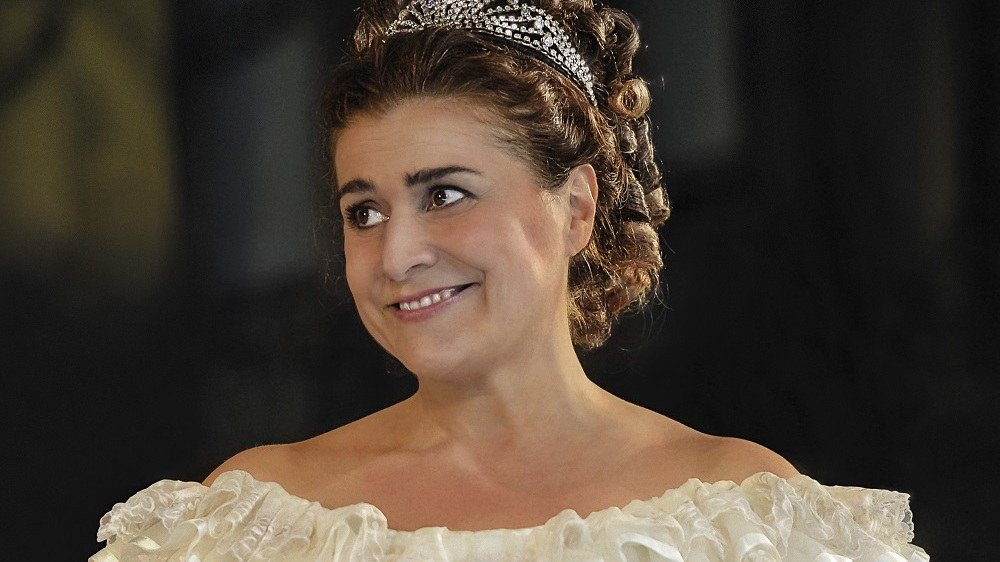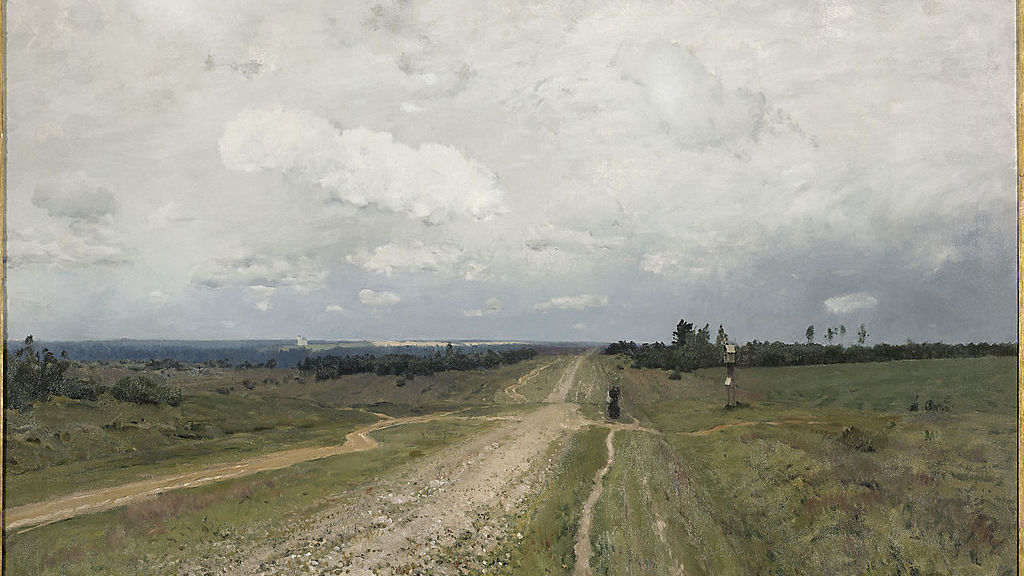Rossini’s “La Cenerentola”: Two Enchanting Excerpts from the Final Act
Gioachino Rossini’s touching 1817 comic opera, La Cenerentola, retells the popular Cinderella fairy tale with a few wrinkles: The glass slipper is replaced with a bracelet, the wicked stepmother is, instead, a stepfather named Don Magnifico, the Fairy Godmother is replaced by the philosopher, Alidoro, and there is no magic pumpkin. Questo e un nodo avviluppato One of the opera’s most dramatic moments occurs in the second (and final) act when the Prince (Don …







